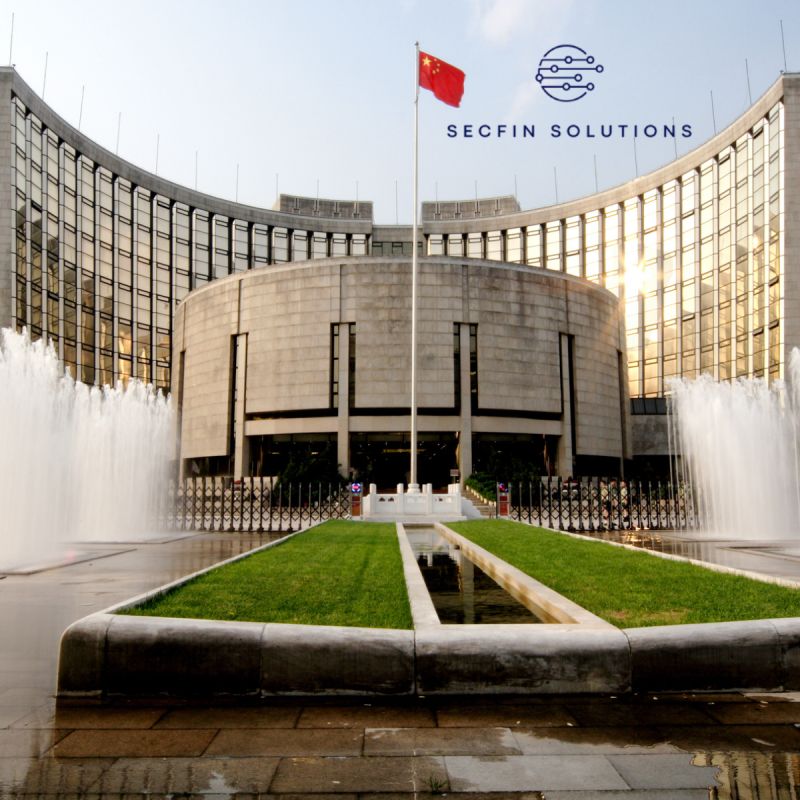

At SecFin Solutions, Glenn Handley epitomises expertise and innovation in global finance and management consulting.
Sign up to hear about our services and stay updated with the latest insights. Please enter your email address.
Access Specialised Training and Consulting Services Designed to Boost Your Financial Acumen and Success

This policy shift, announced by the Politburo under President Xi Jinping, signals a move from “prudent” to “moderately loose” monetary policy. Coupled with “extraordinary countercyclical adjustments” and “more proactive fiscal policies,” it highlights an urgent effort to counter deflation, boost consumer demand, and reignite growth.
🔽 Why Now?
China’s economy faces deflationary pressure and a property slump. In November, the Consumer Price Index (CPI) rose just 0.2% year-on-year, while the Producer Price Index (PPI) dropped 2.5%, marking two years of factory price declines. These figures underscore the depth of the challenge.
🔹 Key Measures
Monetary Shift: Move from “prudent” to “moderately loose” stance.
Fiscal Policies: Greater government intervention.
Countercyclical Tools: Use of unconventional stabilisers.
Boost Consumption: Prioritise household consumption.
📊 Market Response
Bonds: China’s 10-year yield fell to 1.92% as bond prices surged.
Equities: Hong Kong’s Hang Seng China Enterprises Index rose 3.14%.
🔍 Global Implications
As the world’s second-largest economy, any shift in China’s policy has global consequences. China’s push for consumption and countercyclical measures signals support for recovery, with potential ripple effects on commodities, emerging markets, and supply chains.
🌐 Expert Views
Morgan Stanley noted that this is the first time since 2020 that Chinese policymakers have described fiscal policy as “more proactive.” Eswar Prasad of Cornell University cautioned that while the tone is promising, “implementation remains uncertain.”
🔎 What’s Next?
The Central Economic Work Conference will set the 2025 economic agenda. Analysts expect details on boosting household consumption — a key to reviving growth.
💡 My Take
This shift reflects acknowledgment that past measures fell short of restoring private sector confidence. While encouraging, its success depends on effective implementation. The world is watching to see if China’s strategy to boost consumption delivers results. The move shows that global markets are in a monetary policy bull market again – inflation is temporarily keeping rates higher for longer, but rates are moving sharply lower in 2025.
💬 Join the Discussion
What’s your view on China’s policy shift? Will it re-energise the economy or lead to more turbulence? Share your thoughts in the comments below!
Want to be notified about all my posts? Ring my bell 🔔